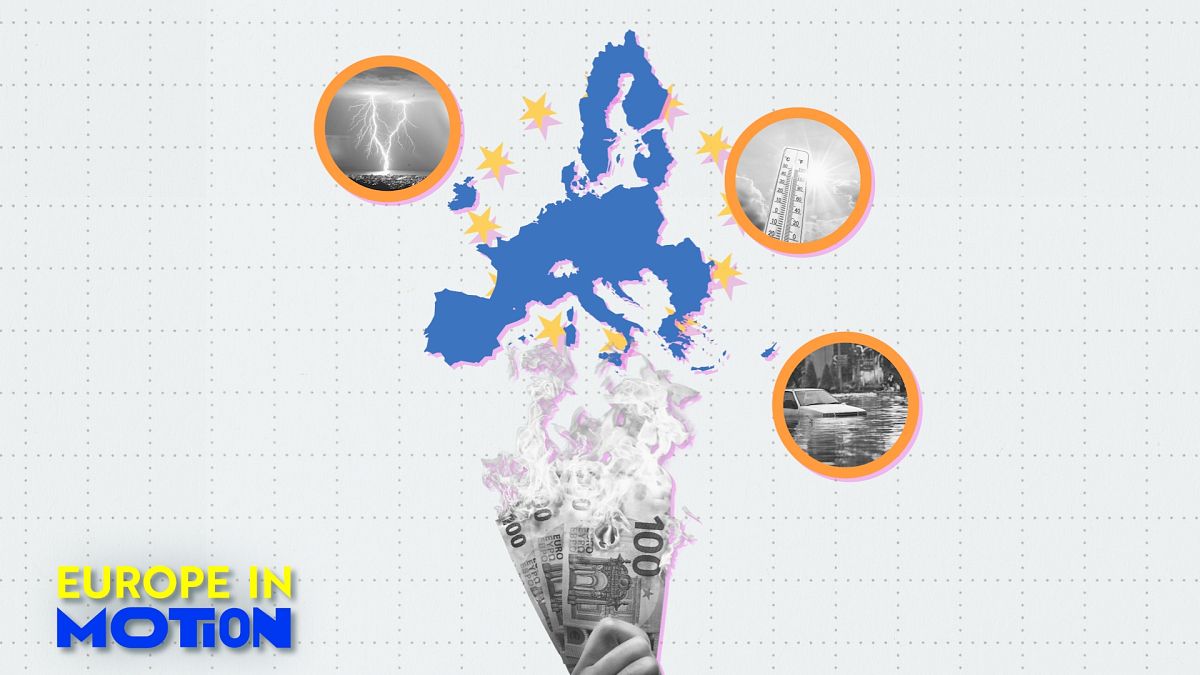

Amidst a summer of intense heat, Europe is grappling with significant climate challenges underscored by recent reports and judicial developments. These unfolding events highlight both the immediate impacts on everyday life and the evolving legal frameworks designed to address climate change.
Europe has been experiencing extraordinary weather patterns, with the current heatwave setting alarming temperature records. In many areas, temperatures have surpassed 40 degrees Celsius, a level that significantly affects public health and infrastructure. This persistent heat has exacerbated the risk of wildfires, compelling thousands to evacuate in Greece, where flames have encroached upon both mainland and islands like Crete. Firefighters are working tirelessly to manage the situation and secure affected areas.
This sweltering heat is not an isolated event. A recent study has shown that since 1980, countries such as Germany, Italy, France, and Spain have suffered some of the highest economic losses due to climate-related events in Europe. These losses underscore the crucial need for robust climate adaptation and mitigation strategies to safeguard economies and communities from the increasingly common and severe natural hazards.
In a significant judicial development, the inter-American Court of Human Rights has delivered a crucial advisory opinion stating that there is a human right to a stable climate. This declaration imposes on states the obligation to mitigate the extraordinary risks posed by climate change, which disproportionately affect vulnerable populations. The court’s ruling marks a pivotal moment in climate justice, reinforcing the notion that safeguarding the environment is inseparable from protecting human rights.
Meanwhile, across the Atlantic, a landmark study in the United States has shed light on environmental management concerns, focusing on Pfas pollution. This study, groundbreaking in scope, identified troubling levels of these persistent chemicals near wastewater plants and at sites where sewage sludge is used as fertilizer. This research emphasizes the need for improved waste management practices to prevent pollution and protect water resources from such contaminants.
These events collectively illustrate a dynamic shift in how both Europe and other regions are addressing the multifaceted challenges posed by climate change. On one hand, immediate actions are being taken to address the impacts, such as firefighting and emergency evacuations in heat-stricken areas. On the other hand, legal and scientific advancements are setting the stage for more sustainable and just frameworks that recognize and protect the rights of current and future generations.
As Europe continues to navigate these challenges, the emphasis remains on finding balance and resilience through cooperative efforts and innovative approaches. These developments paint a hopeful picture of a world striving towards stability and sustainability amidst the realities of a changing climate.
Source: {link}
